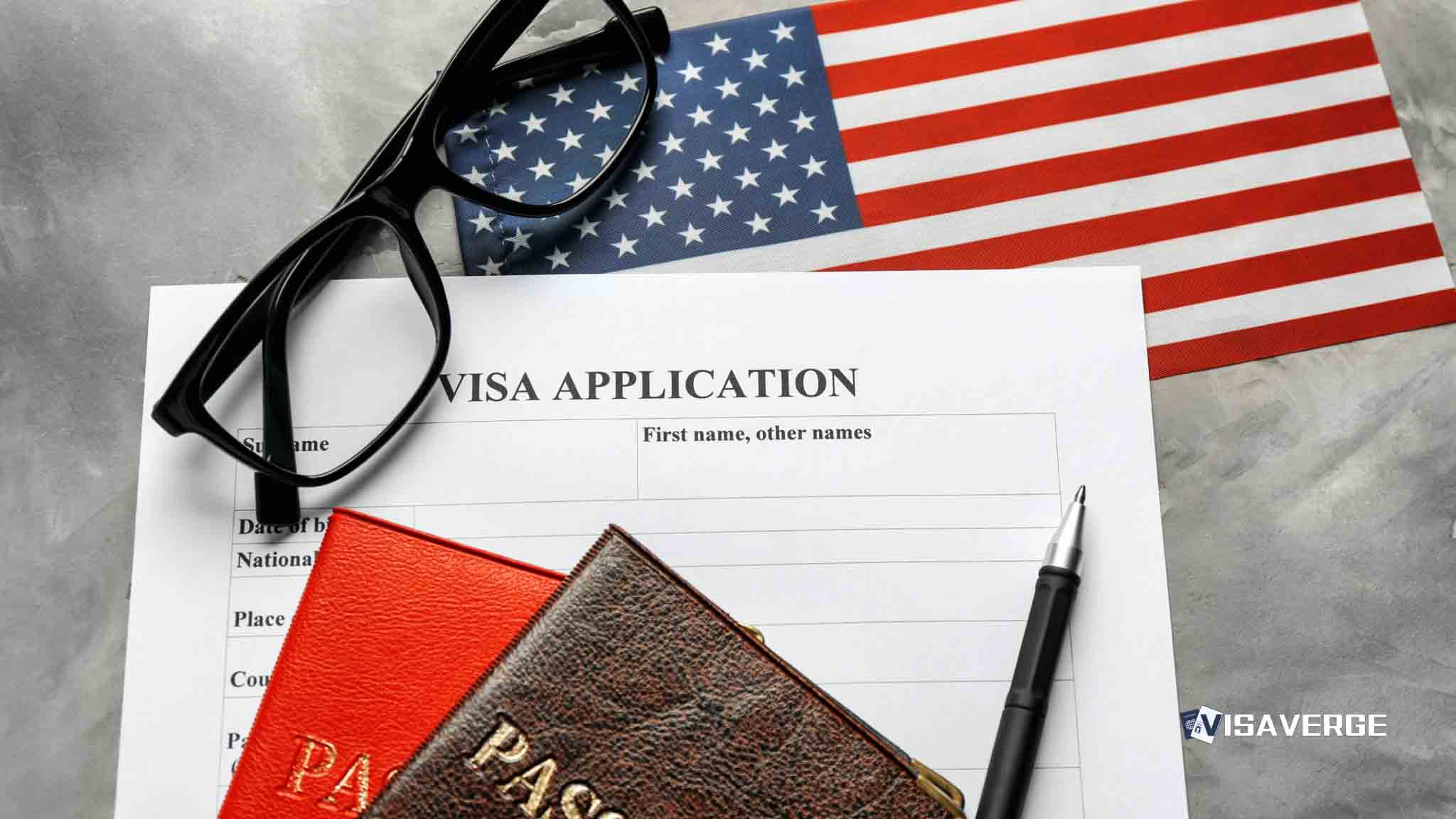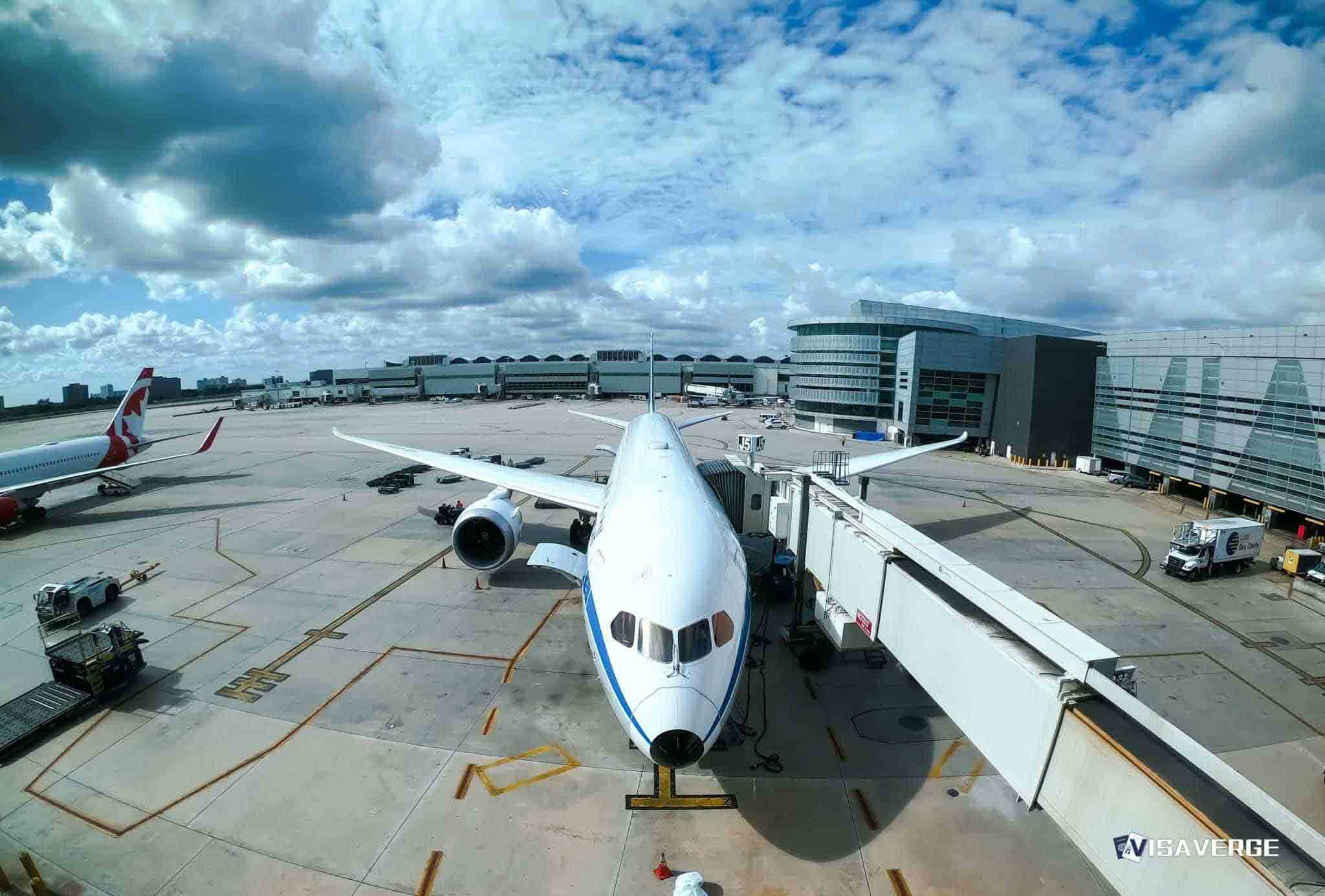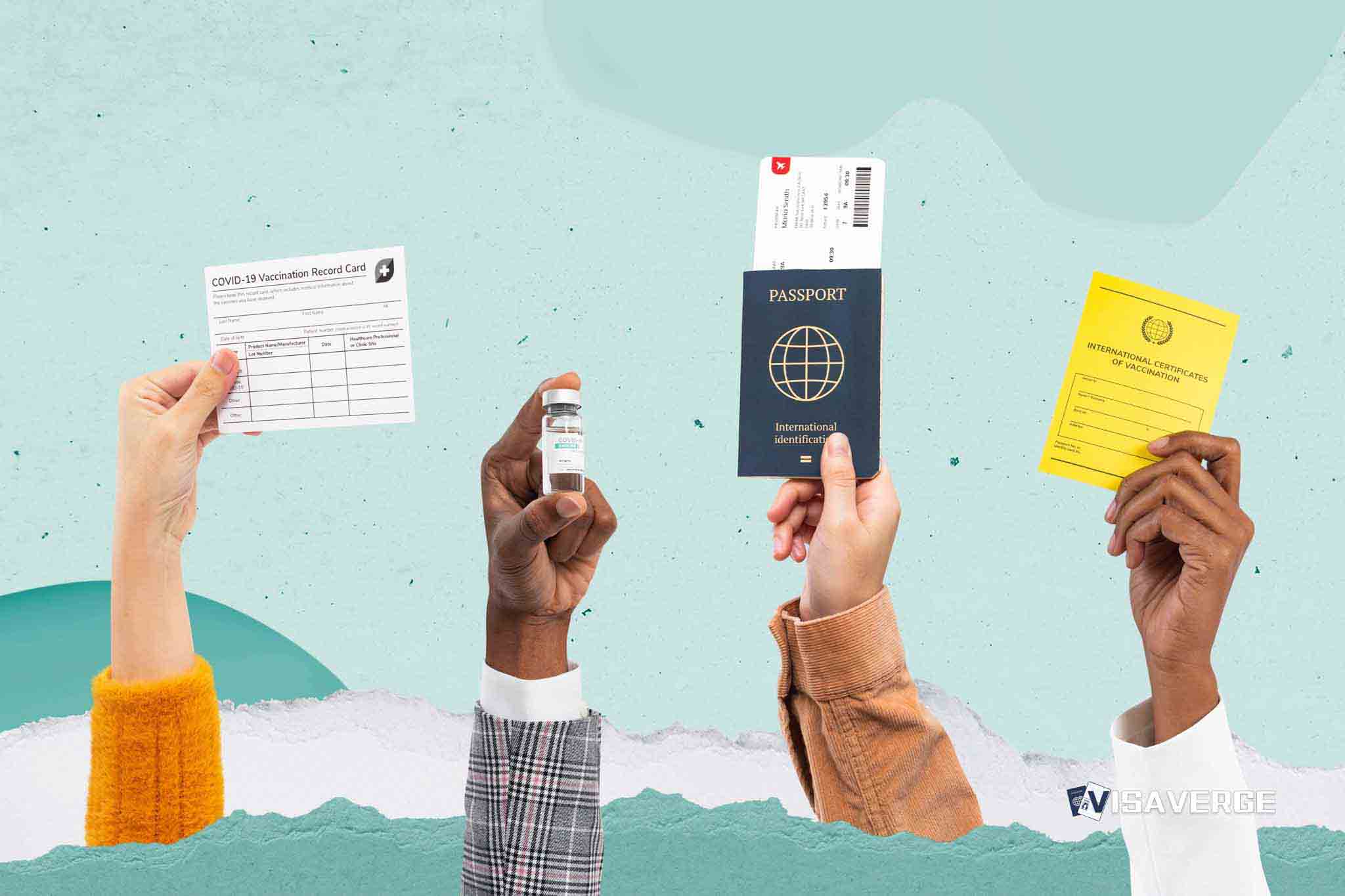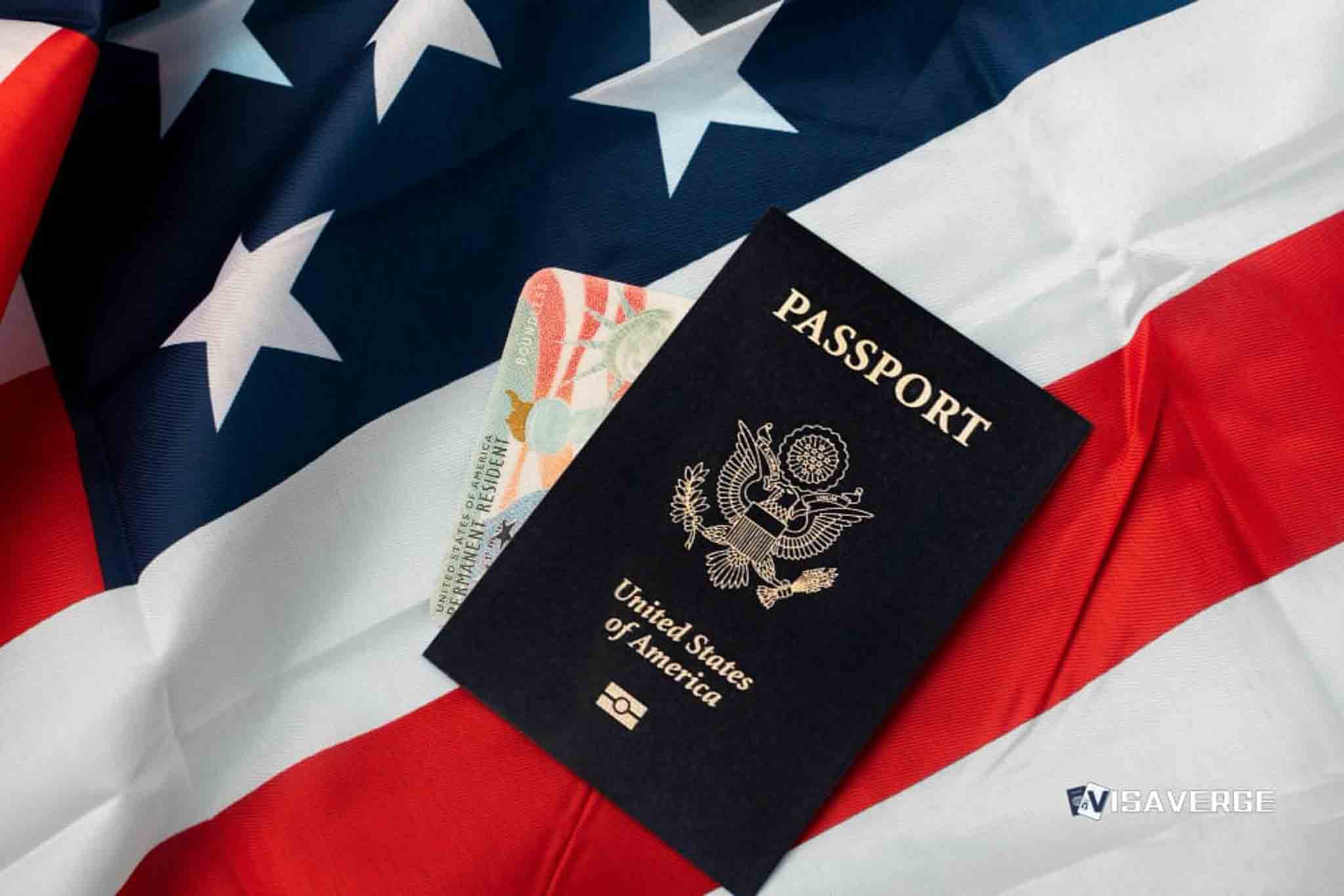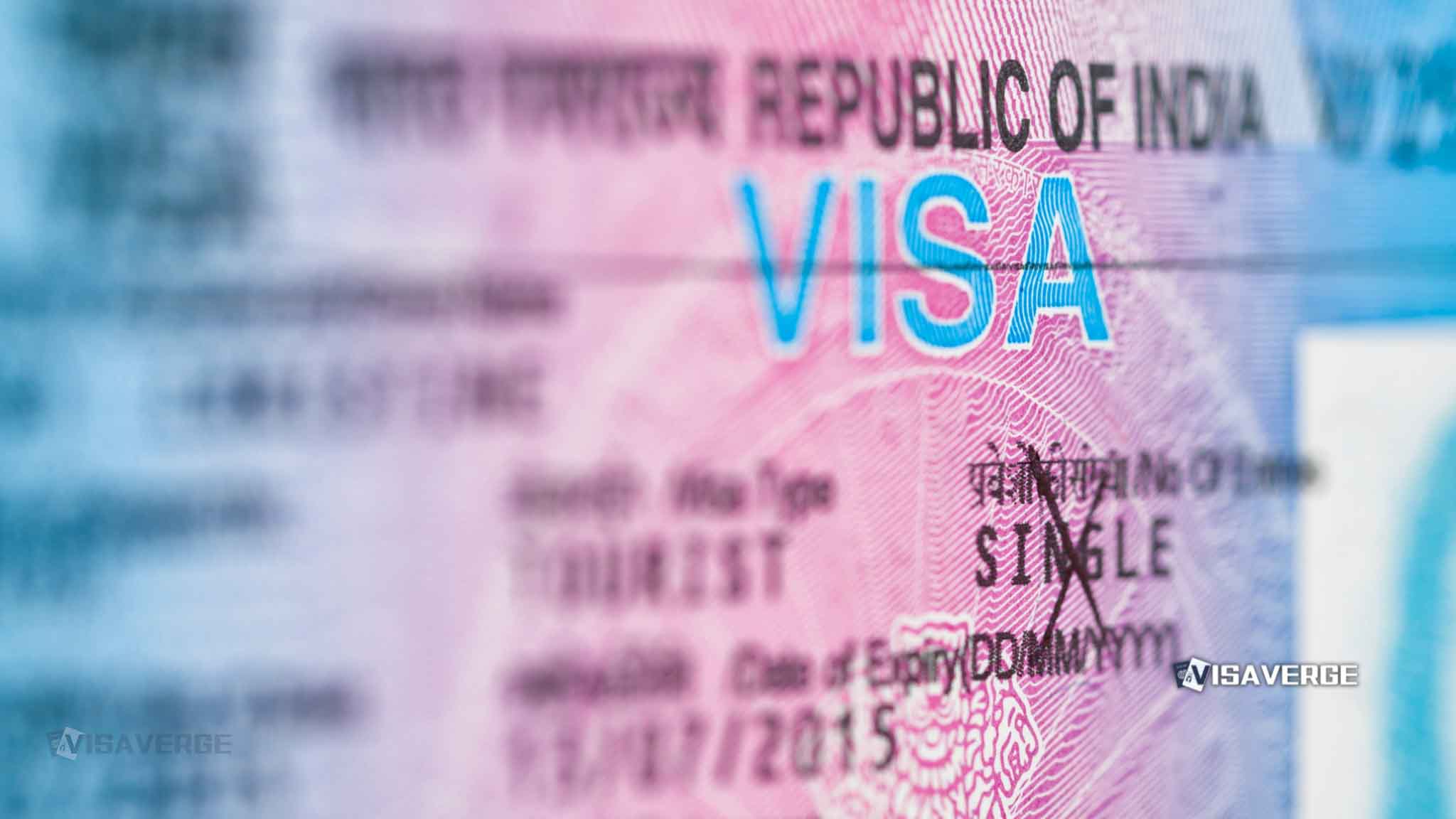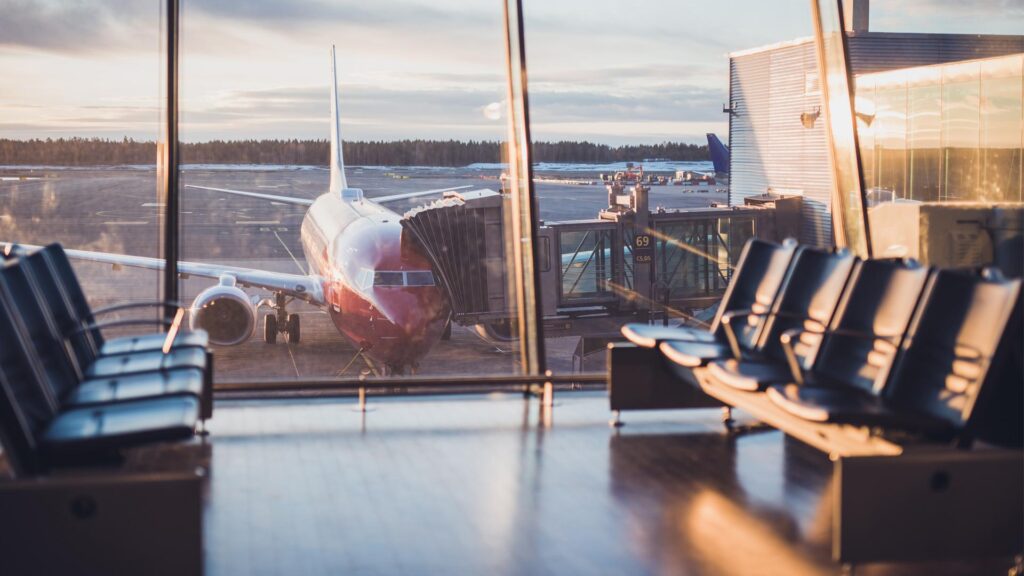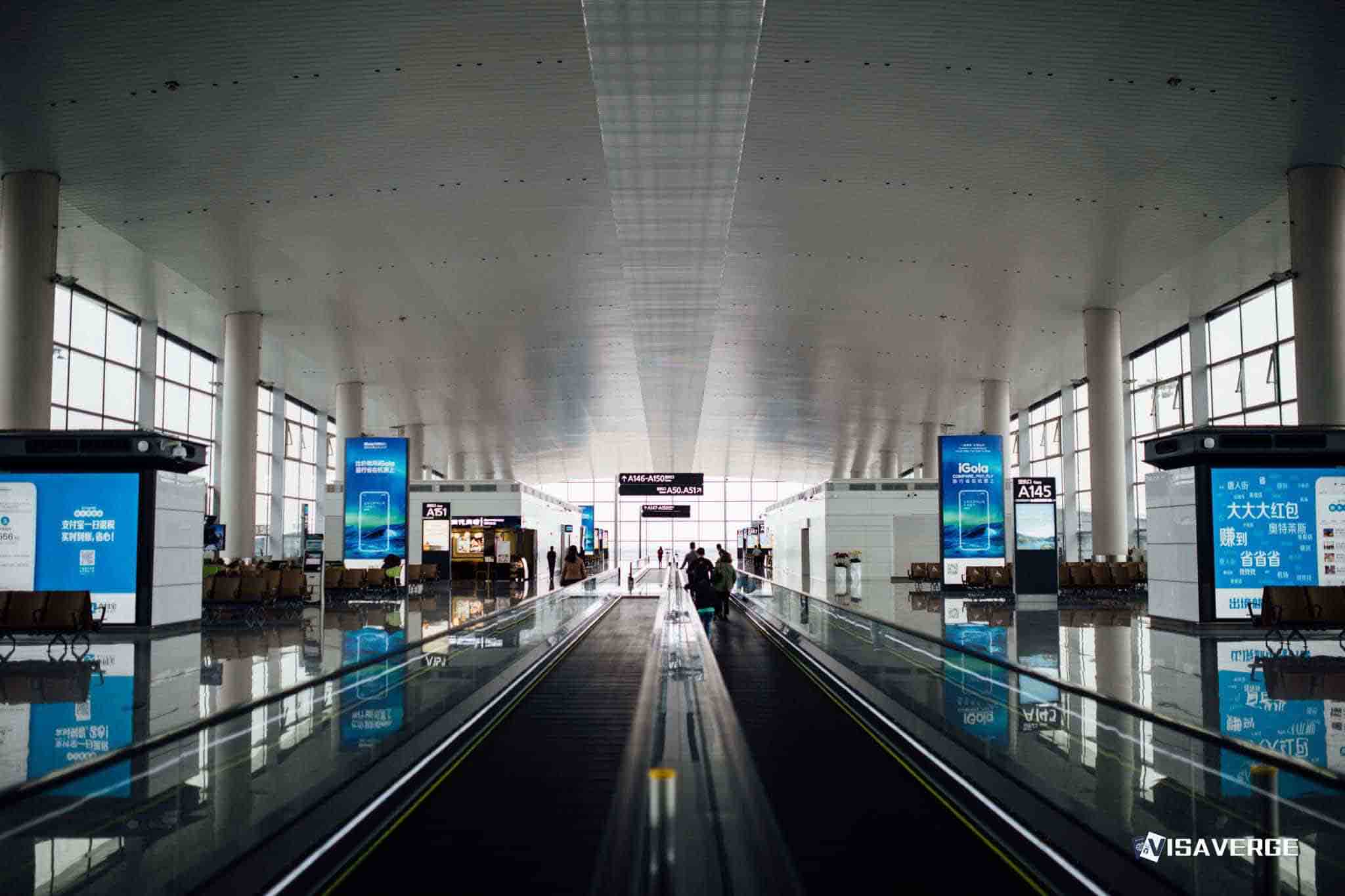Key Takeaways
• July 3-4, 2025 air traffic controller strike may cancel up to 50% of flights at major French airports.
• June-July 2025 train strikes reduce SNCF services nationwide, causing cancellations and delays on key routes.
• Localized road strikes near cities could cause unpredictable traffic jams disrupting summer travel plans.
Travelers planning to visit or move through France 🇫🇷 in the summer of 2025 face a challenging situation as strikes threaten to disrupt motorways, flights, and trains. With the peak holiday season approaching, these strikes could affect millions of people, including tourists, business travelers, immigrants, and residents. Here’s a detailed look at what’s happening, who is involved, and what you can do to manage your travel plans during this period of uncertainty.
Who is affected?
Anyone traveling to, from, or through France 🇫🇷 by air, train, or road between late June and early July 2025 could face delays, cancellations, or unexpected changes. This includes international visitors, French citizens, and people passing through French airspace or using French transport networks as part of a longer journey.
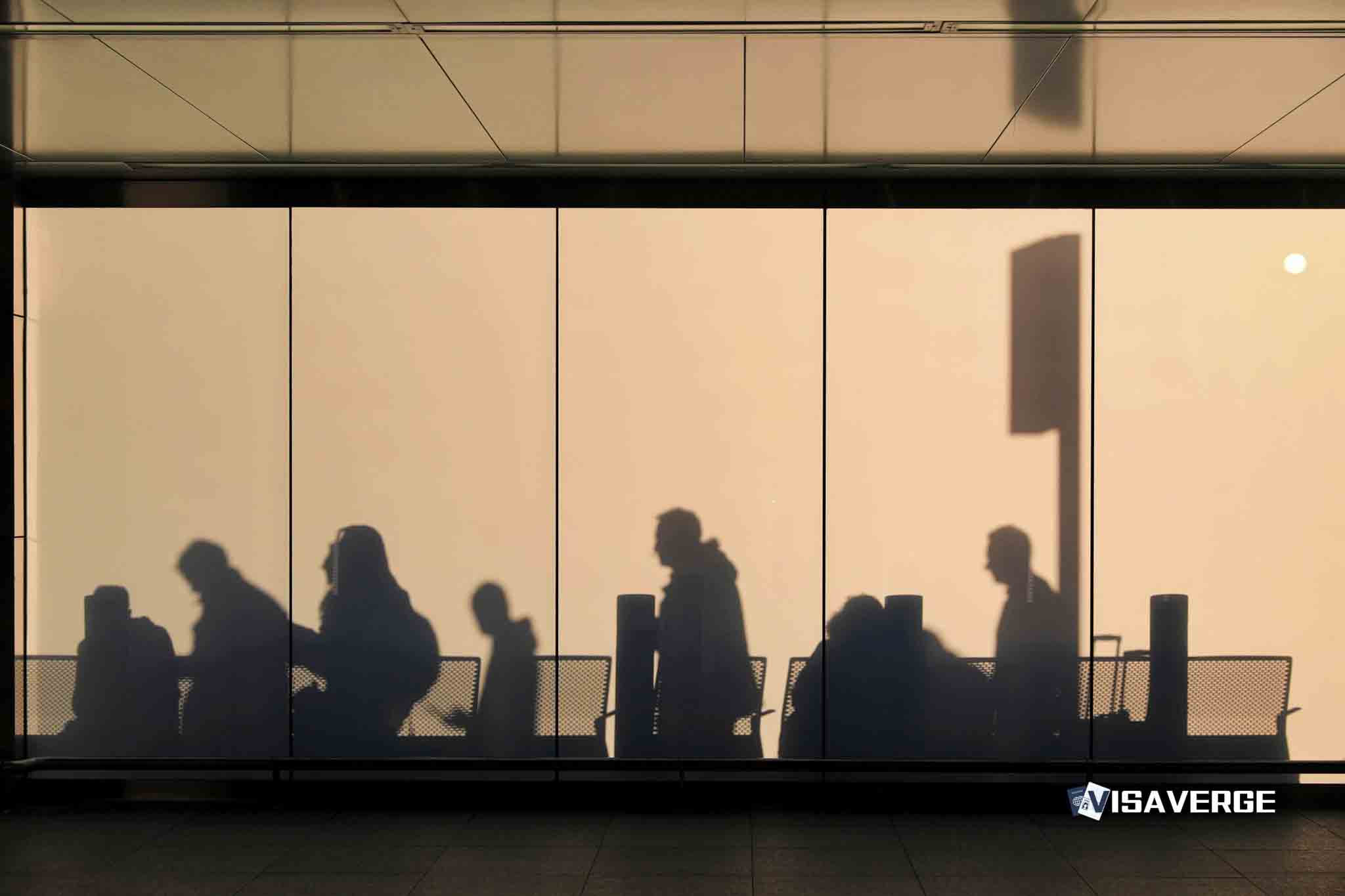
What is happening?
Multiple unions representing air traffic controllers, railway workers, and road transport staff have announced strikes. These actions are expected to cause significant disruptions, especially during the first week of July, which marks the start of the French school summer holidays—a time when travel demand is at its highest.
When and where will the strikes occur?
– Air traffic controllers: July 3-4, 2025, at major airports including Roissy (Charles de Gaulle), Orly, Marseille, Lyon, and Toulouse.
– Trains: Ongoing in June, with some disruptions expected to continue into early July, affecting routes nationwide.
– Motorways: Localized strikes and blockades may occur at any time, especially near large cities and transport hubs.
Why are these strikes happening?
Workers are protesting against staff shortages, poor working conditions, pay disputes, and failed modernization efforts. Unions argue that these issues have not been addressed by employers or the government, leading to frustration and industrial action.
How will this affect travel?
Travelers should expect delays, cancellations, and the need to make last-minute changes to their plans. The impact will be felt not only within France 🇫🇷 but also on international routes that pass through French airspace or rely on French transport connections.
Air Traffic Controllers Strike: July 3-4, 2025
What’s behind the strike?
The UNSA-ICNA union, which represents a large group of French air traffic controllers, has called for a strike on July 3 and 4, 2025. This action is supported by other unions, including USAC-CGT and SNCTA, showing a broad agreement among workers. The main reasons for the strike are:
- Staff shortages: Unions say there aren’t enough air traffic controllers, leading to overwork and stress.
- Management issues: Workers complain about what they call “toxic” and authoritarian management styles.
- Technical problems: Recent computer breakdowns and failed projects at airports like Orly have made the situation worse.
What is the likely impact?
- Flight cancellations and delays: The Direction Générale de l’Aviation Civile (DGAC), which oversees French air travel, has not yet said exactly how many flights will be affected. However, based on last year’s strike, up to 50% of flights at major airports could be canceled.
- International effects: Flights that pass through French airspace—such as those between Spain, Portugal, Belgium, and Morocco—may be delayed or rerouted. This could cause missed connections and longer travel times for people who aren’t even landing in France 🇫🇷.
- Peak travel period: The strike comes just before the French school holidays, a time when airports are especially busy.
What are officials and unions saying?
- UNSA-ICNA: The union says the strike is necessary because of poor recruitment and working conditions. They want more staff and better pay.
- DGAC and airlines: Both are watching the situation and will announce which flights are canceled or delayed closer to the strike dates.
- New law: Air traffic controllers must now give 48 hours’ notice before striking. This helps airlines and passengers prepare, but it doesn’t stop the disruption.
What should travelers do?
- Check your flight status: Airlines will contact passengers about cancellations or changes. Keep an eye on your email and airline websites.
- Plan for delays: Even if your flight isn’t canceled, it could be delayed or rerouted.
- Consider alternatives: If possible, travel on different dates or use other forms of transport.
- Be flexible: Allow extra time for connections and be ready to change your plans at short notice.
For the latest updates on air traffic and strikes, travelers can visit the official DGAC website.
Train Strikes in France: June and Early July 2025
What’s happening with trains?
The SNCF, which runs France’s national railways, has been dealing with strikes throughout June 2025. Some disruptions are expected to continue into early July. These strikes are part of ongoing disputes over pay, working conditions, and changes to how the railways are run.
How will this affect train travel?
- Reduced services: On strike days, there will be fewer trains, especially on popular routes between big cities and airports.
- Cancellations: Some trains may be canceled altogether, making it harder to get to your destination.
- Regional impact: Both high-speed TGV trains and regional trains are affected.
What can travelers do?
- Check schedules: Use the SNCF website or official app for real-time updates.
- Book flexible tickets: Choose tickets that allow you to change or cancel your trip if needed.
- Arrive early: Get to the station ahead of time to confirm your train’s status.
- Consider other options: Buses or car rentals may be necessary if trains aren’t running.
Why are the strikes happening?
Rail workers are pushing back against changes they believe will make their jobs harder or less secure. They also want better pay and working conditions. These disputes have been going on for years and often flare up during busy travel periods.
Motorways and Road Transport: What to Expect
While most attention is on flights and trains, road transport can also be affected by strikes in France 🇫🇷. Road transport unions sometimes organize localized strikes or blockades, especially near big cities or important transport hubs.
How could this affect your journey?
- Traffic jams: Strikes or blockades can cause long delays on major motorways, especially if they happen near airports or train stations.
- Rental cars and buses: If you’re using a rental car or bus, check local news and traffic reports for updates on possible disruptions.
- Unpredictable timing: Unlike train and flight strikes, road strikes can happen with little warning and may be limited to certain areas.
What should drivers do?
- Stay informed: Listen to local radio or check online traffic updates.
- Allow extra time: Plan for possible delays, especially if you need to catch a flight or train.
- Have a backup plan: Be ready to take a different route or use public transport if roads are blocked.
Background: Why Strikes in France Are So Common
France 🇫🇷 has a long tradition of labor strikes, especially in public transport. Unions often time strikes to coincide with busy travel periods, such as school holidays or major events, to put more pressure on employers and the government.
What are the main issues?
- Staffing: Many workers feel there aren’t enough staff to do the job safely and effectively.
- Pay and conditions: Unions want better pay and improved working conditions.
- Modernization: Efforts to modernize transport systems sometimes lead to job cuts or changes that workers don’t like.
How does this affect travelers?
Strikes can cause widespread disruption, making it hard for people to get where they need to go. This affects not just tourists, but also immigrants, business travelers, and anyone relying on France’s transport networks.
Future Outlook: What Might Happen Next?
Negotiations between unions, employers, and the French government are ongoing. So far, they haven’t been able to stop the planned air traffic controller strike on July 3-4, 2025. More strikes or extensions of current actions are possible, especially if talks break down.
What are authorities doing?
- Contingency plans: Airlines and train companies are preparing for disruptions by rerouting flights and increasing alternative transport options.
- Communication: Official channels will provide updates as the situation changes.
- Travel advisories: The French Ministry of Transport and other agencies will issue advice to help travelers plan.
What should travelers do now?
- Stay updated: Follow official websites and news sources for the latest information.
- Be flexible: Have backup plans in case your original travel arrangements are affected.
- Act early: If you need to change your plans, do so as soon as possible to get the best options.
Official Resources and Contacts
For the most reliable and up-to-date information, use these official sources:
- Direction Générale de l’Aviation Civile (DGAC): Updates on air traffic and strikes.
- UNSA-ICNA union: Official statements and strike notices.
- SNCF official website and app: Real-time train service updates.
- French Ministry of Transport: Policy announcements and travel advisories.
- Airlines and train operators: Customer service for rebooking and compensation.
As reported by VisaVerge.com, travelers should use these resources to stay informed and make quick decisions if their plans are affected by strikes in France 🇫🇷.
Summary Table: Key Dates and Disruptions
| Date | Transport Mode | Nature of Disruption | Affected Areas | Key Stakeholders |
|---|---|---|---|---|
| July 3-4, 2025 | Air Traffic Control | Strike causing flight cancellations and delays | Major airports: Roissy, Orly, Marseille, Lyon, Toulouse | UNSA-ICNA, DGAC, Airlines |
| June-July 2025 | SNCF Trains | Scheduled strikes reducing train services | Nationwide, especially major city routes | SNCF unions, SNCF management |
| Ongoing 2025 | Motorways | Localized strikes/blockades causing traffic delays | Urban centers and transport hubs | Road transport unions |
Implications for Stakeholders
For Travelers and Tourists
- Plan ahead: Book flexible tickets and have backup travel options.
- Monitor updates: Use official websites and apps for real-time information.
- Expect delays: Build extra time into your travel plans.
For Immigrants and Residents
- Document deadlines: If you have appointments for visas or residency, allow extra time to reach government offices.
- Family visits: If you’re expecting family from abroad, warn them about possible delays.
For Employers and Businesses
- Business travel: Prepare for staff to be delayed or unable to travel.
- Supply chains: Expect possible delays in goods transported by air, rail, or road.
For Airlines, Rail, and Road Operators
- Customer service: Prepare for increased calls and requests for rebooking or compensation.
- Communication: Keep passengers informed about changes as early as possible.
Practical Takeaways
- Strikes in France 🇫🇷 during summer 2025 will likely disrupt motorways, flights, and trains.
- Air traffic controller strikes on July 3-4 could cancel up to half of flights at major airports.
- Train strikes in June and July will reduce services on key routes.
- Localized road strikes may cause traffic jams, especially near cities and transport hubs.
- Travelers should check official sources, book flexible tickets, and allow extra time for their journeys.
By staying informed and flexible, you can reduce the impact of these disruptions on your travel plans. For more details and the latest updates, visit the French Civil Aviation Authority’s official page and the SNCF website.
If you’re planning to travel in or through France 🇫🇷 this summer, keep these tips in mind and check for updates regularly. This approach will help you manage the challenges caused by strikes in France, whether you’re worried about motorways, flights, or trains.
Learn Today
Air Traffic Controllers → Professionals who manage and guide aircraft safely through controlled airspace and airports.
DGAC → French Civil Aviation Authority overseeing air travel regulations and airport operations in France.
SNCF → France’s national railway company, responsible for operating trains and managing rail infrastructure.
Strike → Work stoppage by employees to protest working conditions, pay, or policies, causing service disruptions.
Motorways → Major highways designed for fast long-distance vehicle travel, often affected by local blockades in strikes.
This Article in a Nutshell
Strikes in France during summer 2025 threaten major travel disruptions with flights, trains, and motorways affected. Travelers must prepare for cancellations, delays, and blockades. Flexible planning and real-time updates are essential to minimize inconvenience during the peak holiday season and widespread transport strikes across France.
— By VisaVerge.com




